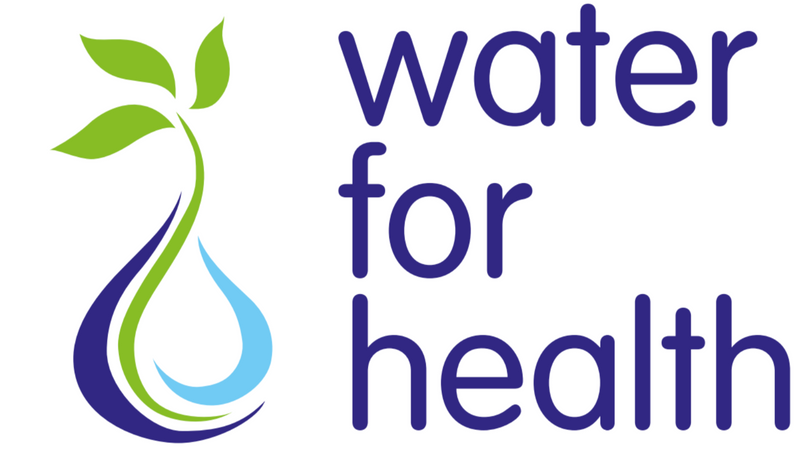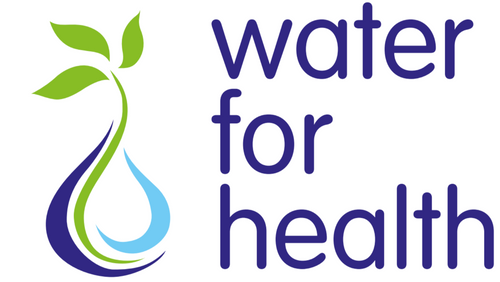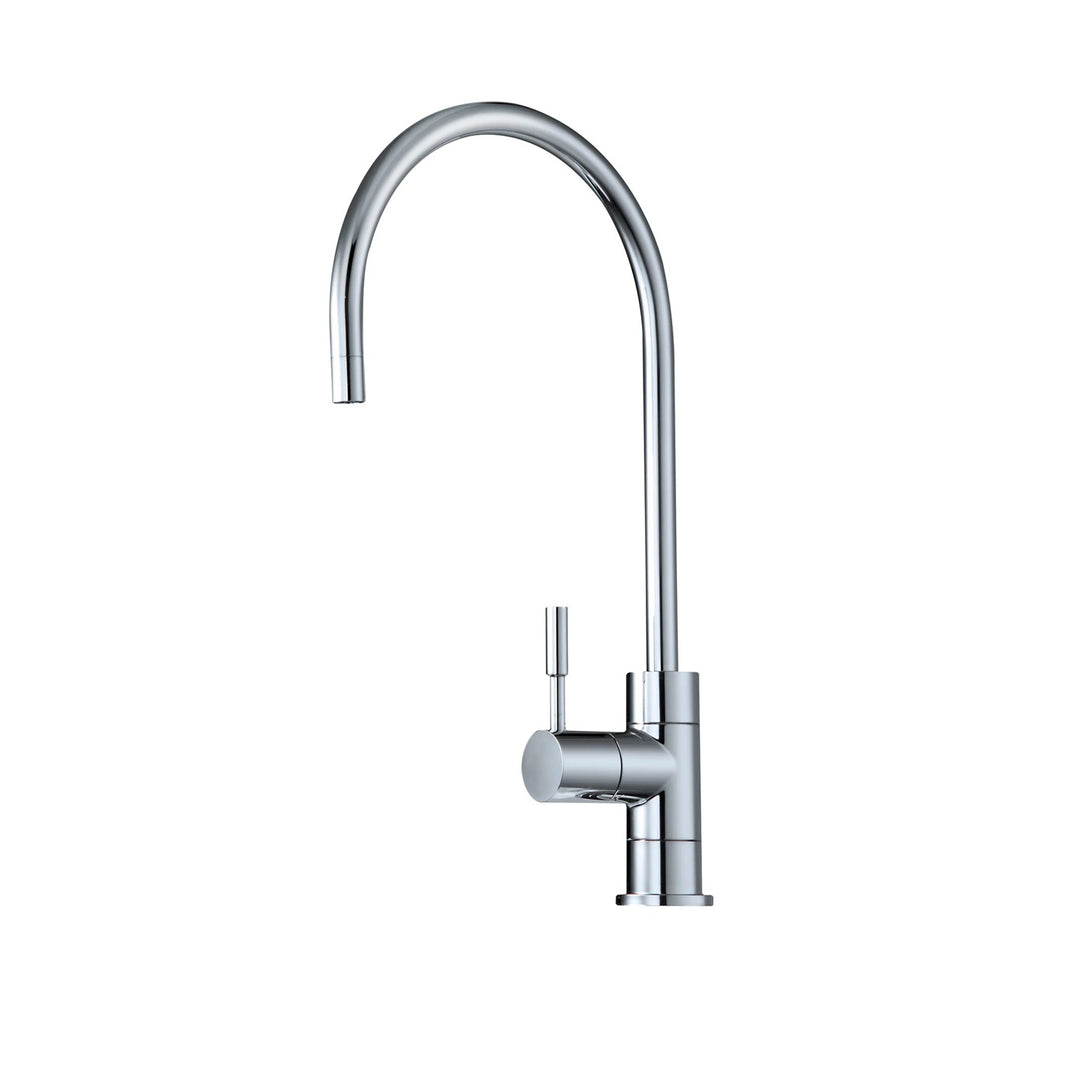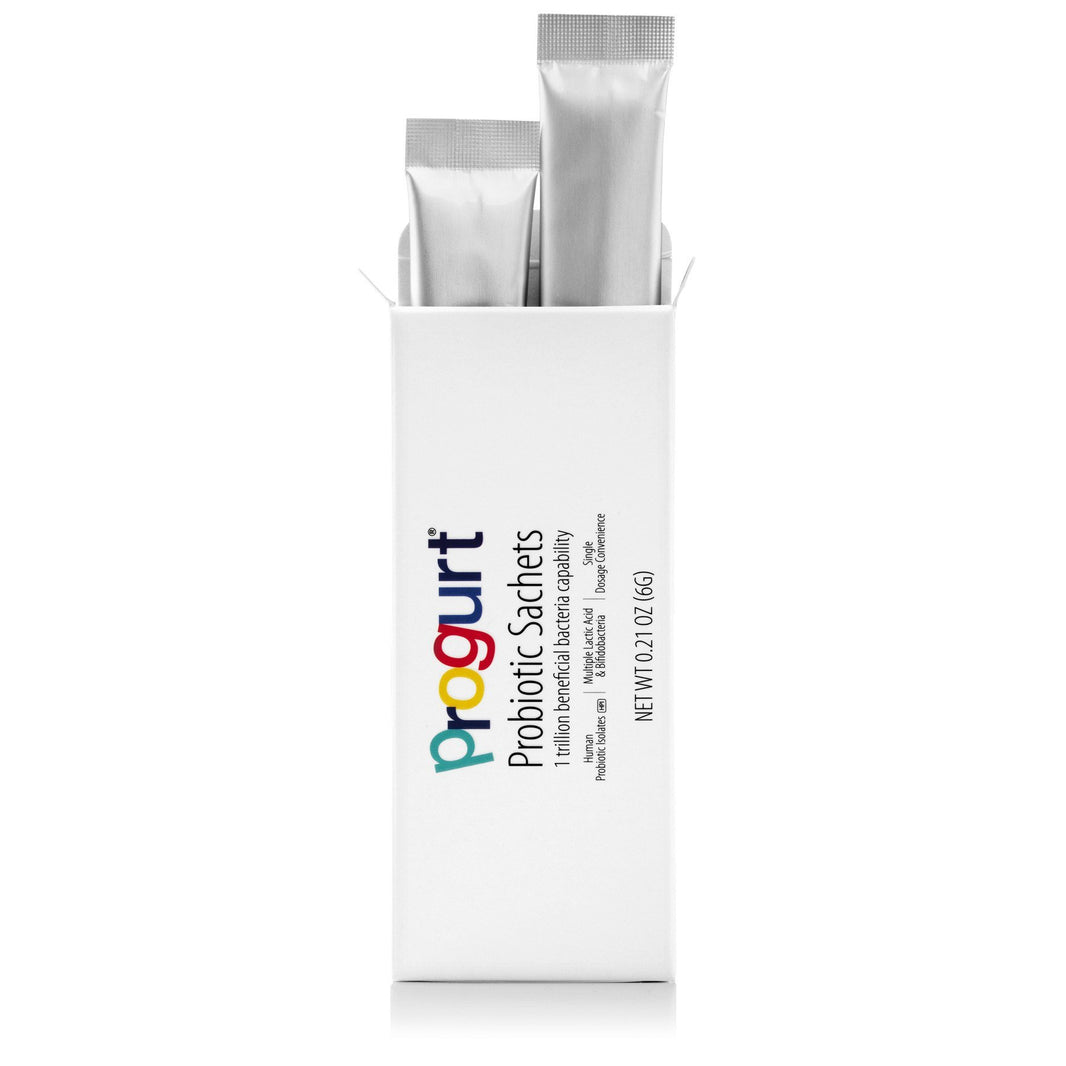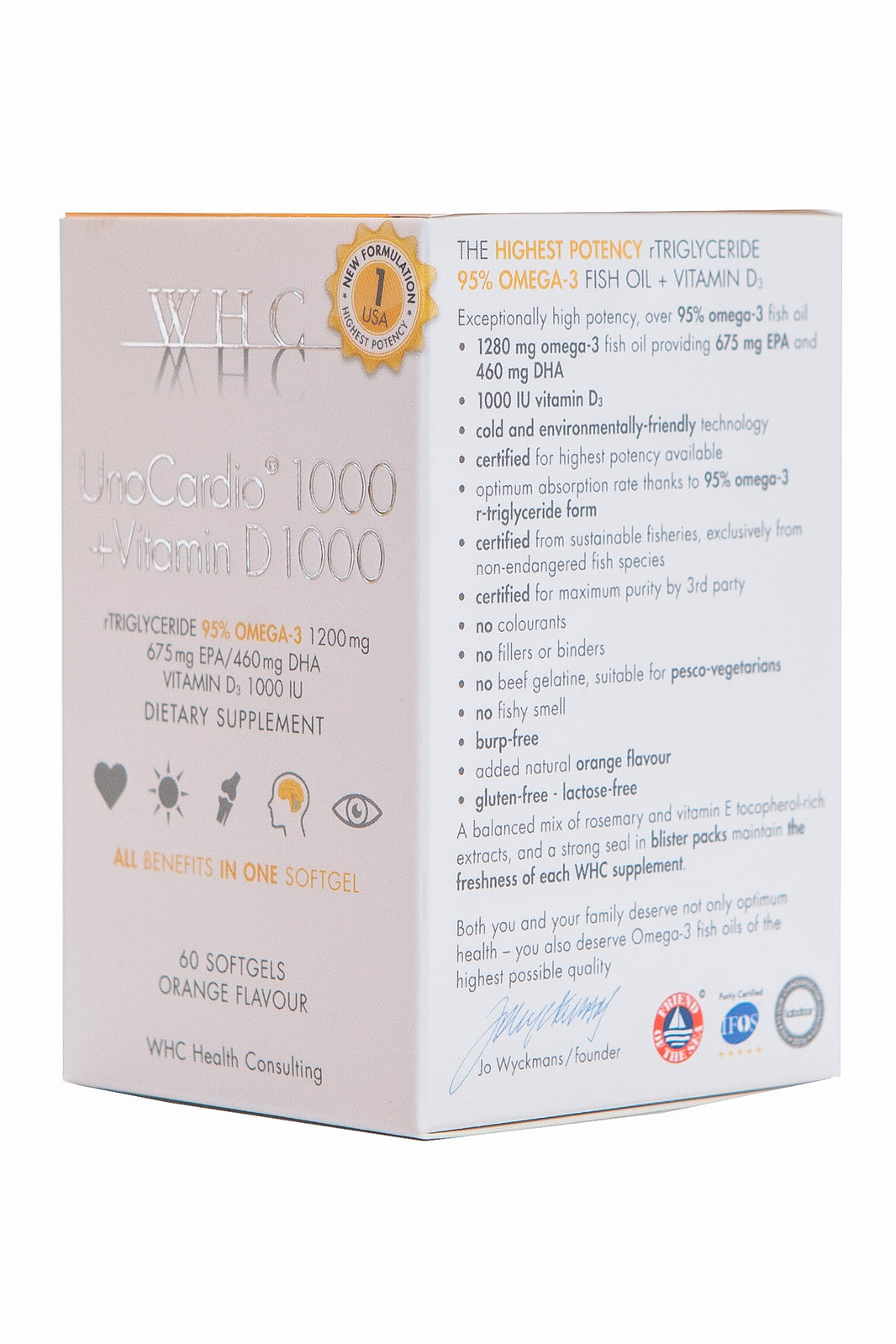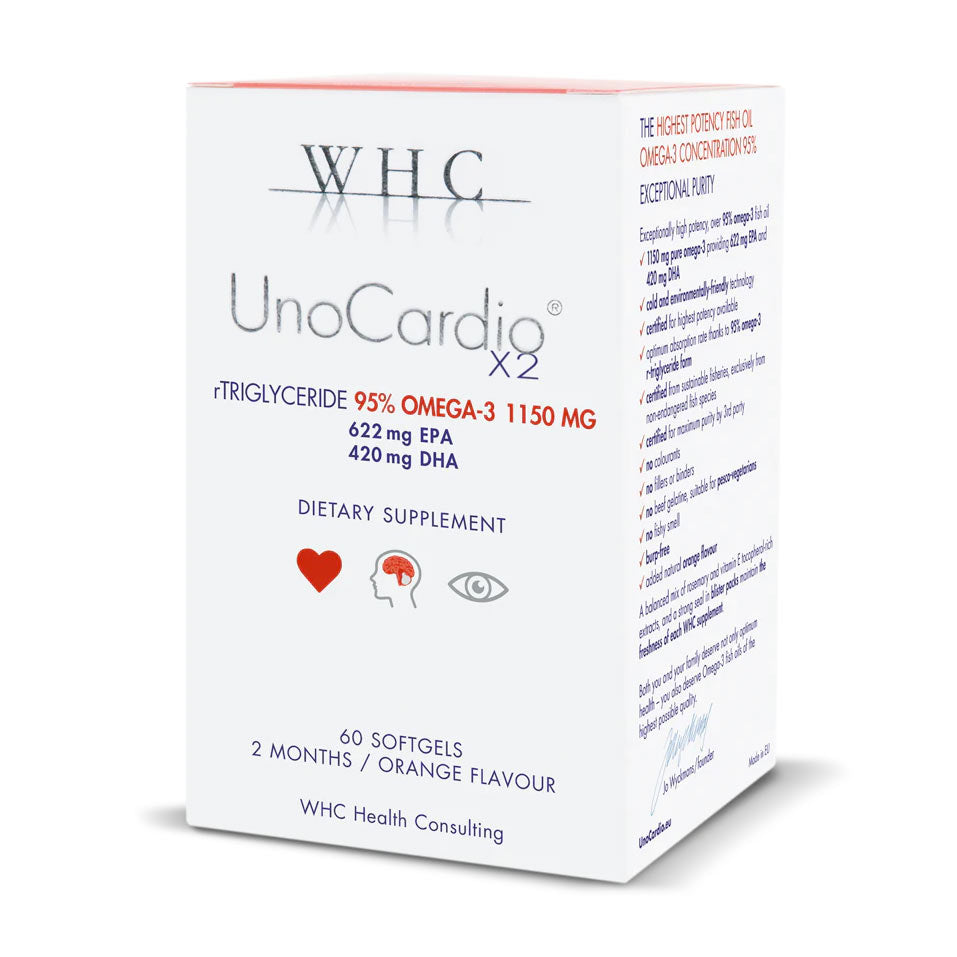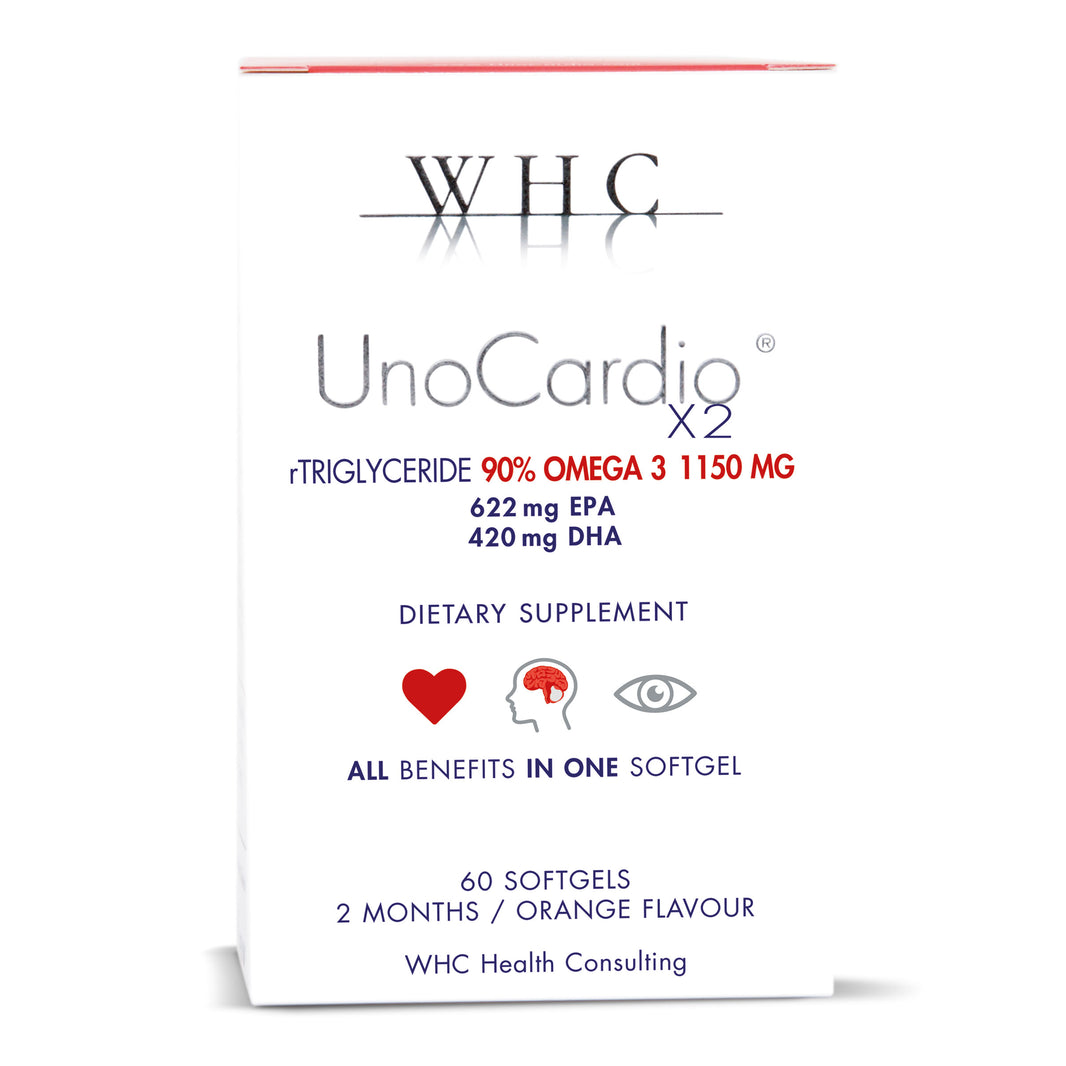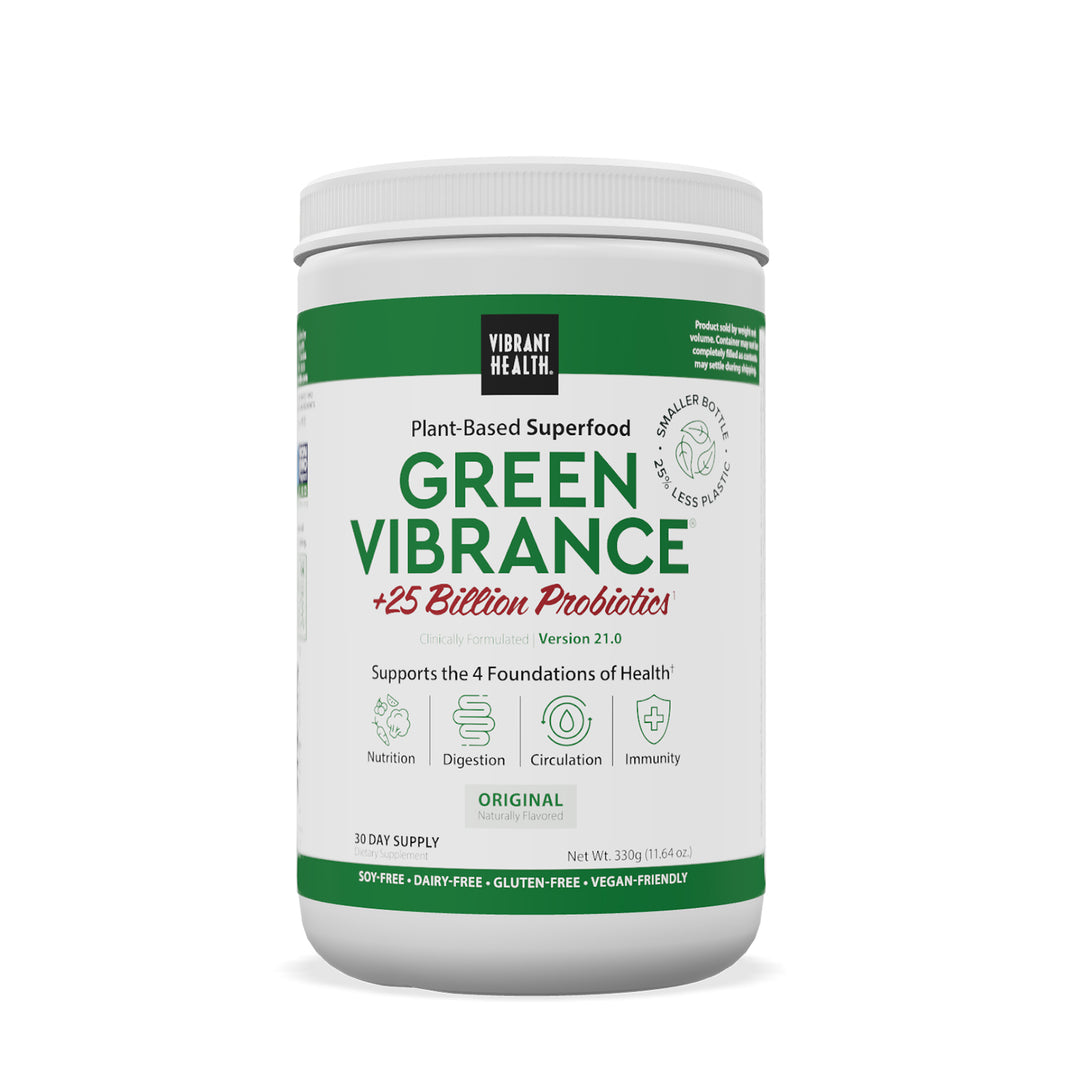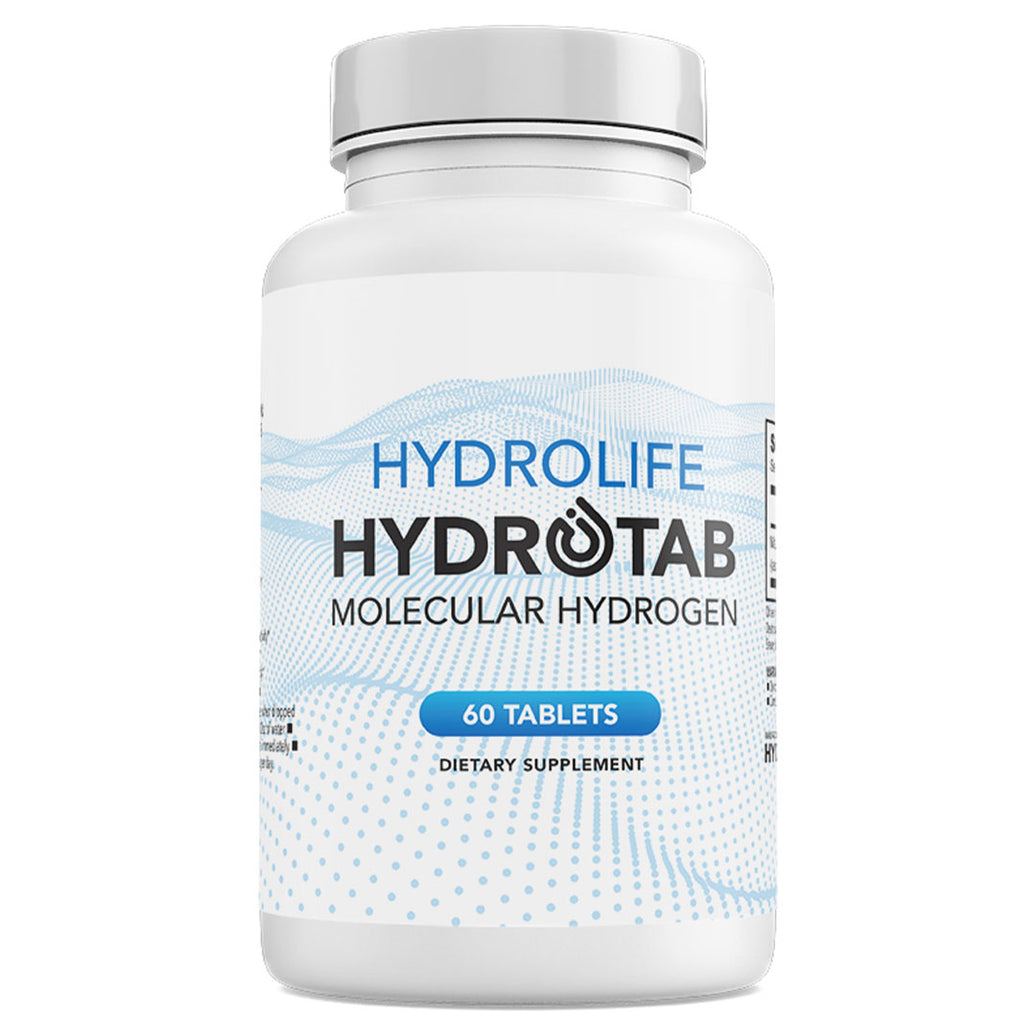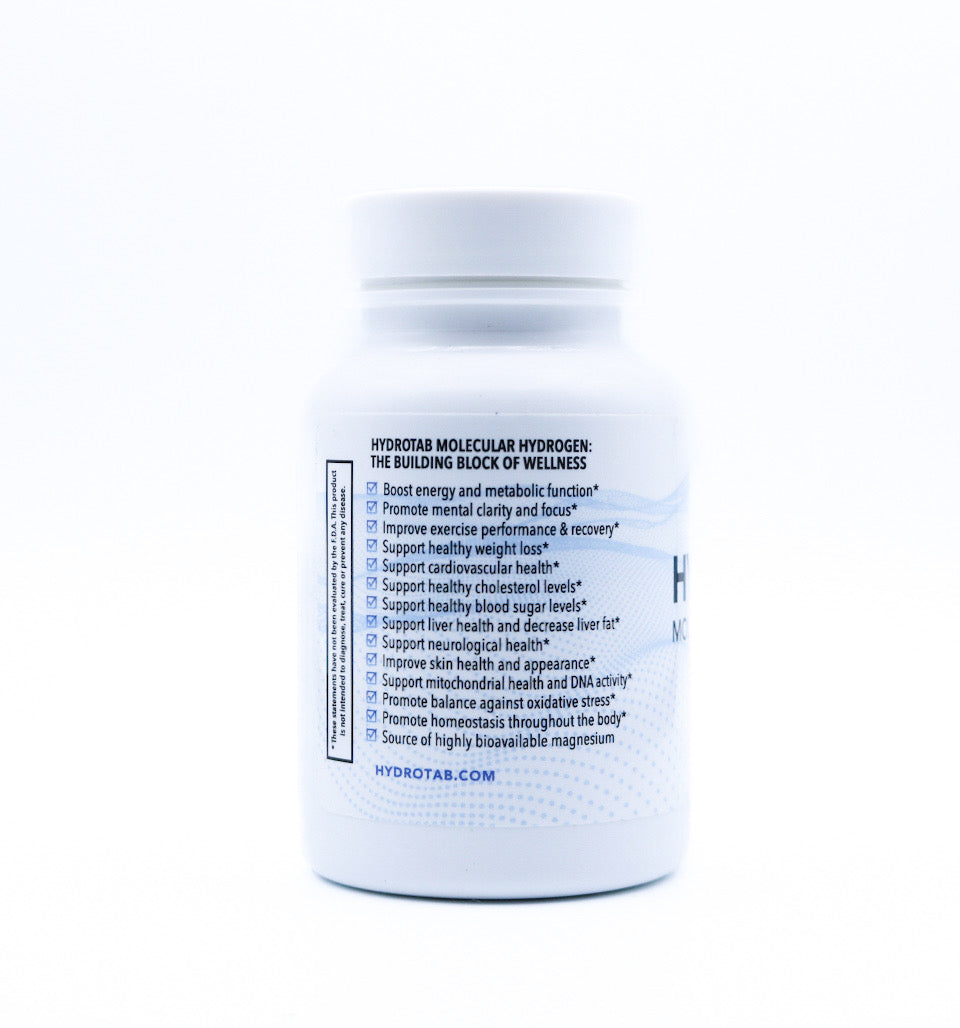Introduction to Fertility and Nutrition
Fertility is a deeply personal and often emotional subject. Many couples dream of starting or expanding their families, only to find themselves facing unexpected challenges along the way. While medical interventions can be an option, there’s growing interest in natural ways to optimise fertility, particularly through nutrition and lifestyle. This blog post aims to empower you with knowledge and strategies that can support your fertility naturally.
In the sections that follow, we’ll explore the intricate relationship between fertility and nutrition. We'll address how lifestyle factors play a crucial role in reproductive health. You’ll learn about specific nutrients that can enhance fertility, and hear from experts in the field, as well as real-life success stories. By the end, you’ll have a toolkit of actionable steps to start your journey towards optimised fertility.
Understanding Fertility
Fertility is influenced by many factors, both in men and women. Hormonal balance, age, and genetics are just the tip of the iceberg. What often goes unnoticed is how significantly nutrition and lifestyle choices impact reproductive health. In the UK, research suggests that up to 25% of infertility cases are linked to lifestyle and dietary choices (1), highlighting the importance of addressing these aspects.
For women, maintaining a balanced diet is essential for regulating menstrual cycles and ensuring the health of the reproductive system (2). Factors like stress, weight fluctuations, and inadequate nutrient intake can disrupt ovulation. Men, too, need to consider their diet as it affects sperm quality and quantity (3). Poor lifestyle choices such as smoking, excessive alcohol consumption, and lack of physical activity can impair fertility in both genders (4).
Understanding these factors can be the first step towards making informed decisions. It's not just about the biological mechanics of conception but also about nurturing a healthy environment for it to occur naturally. Armed with this knowledge, couples can take proactive steps to create a fertile-friendly lifestyle.
The Nutritional Approach
Diet plays a pivotal role in enhancing fertility. Key nutrients are vital for reproductive health and hormone production, making dietary adjustments a powerful tool. For instance, folate (synthetic version known as folic acid) is crucial for women before and during pregnancy as it supports cell division and DNA synthesis (5). Foods rich in folate include leafy greens, legumes, and fortified cereals.
Antioxidants like vitamins C and E, zinc, and beta-carotene can improve sperm health by protecting cells from damage (6). Incorporating fruits, vegetables, nuts, and seeds into your diet can help ensure you're getting these essential nutrients. Omega-3 fatty acids, found in oily fish, flaxseeds, and walnuts, are vital for both partners as they reduce inflammation and promote healthy hormone levels (7).
In addition to these nutrients, maintaining a balanced intake of proteins, fats, and carbohydrates is key for hormone balance. It's not solely about eating more; it's about eating wisely. Consulting with a nutritional therapist can provide a tailored dietary plan that meets your individual needs and enhances fertility naturally.
Lifestyle Factors that Influence Fertility

Beyond diet, several lifestyle factors significantly impact fertility. Regular physical activity boosts overall health and reduces stress levels (8), which can positively influence reproductive health. However, balance is key—excessive exercise can disrupt hormonal balance, particularly in women (9).
Sleep is another critical factor. Adequate rest supports the body's natural rhythms and hormonal cycles. Poor sleep patterns can lead to stress and hormonal imbalances, reducing fertility (10). Aim for seven to nine hours of sleep per night to keep your body in optimal condition.
Stress management is essential, as chronic stress can hinder fertility. Techniques such as yoga, meditation, and mindfulness can improve mental well-being and create a more conducive environment for conception. Making time for relaxation and self-care is not just beneficial for fertility but for overall health.
Expert Insights from a Nutritional Therapist
As the author of this article and a nutritional therapist specialising in fertility, I wanted to emphasise the importance of a holistic approach, stating, that fertility isn't just about the reproductive organs; it's about the whole body. Supporting overall health through nutrition and lifestyle changes can significantly enhance fertility.
I recommend starting with a comprehensive assessment to identify any nutritional deficiencies or lifestyle habits that might hinder fertility. I also want to highlight the importance of personalised plans, as every individual's needs are unique. It truly is about creating a sustainable lifestyle change, not just a temporary fix.
Incorporating functional foods, such as fermented products for gut health and liver-supportive foods like beetroot and cruciferous vegetables (11), can further enhance fertility. My personal approach underscores the value of professional guidance in navigating the complexities of fertility and nutrition.
Real-Life Success Stories
Hearing from others who have walked a similar path can be incredibly motivating. Sarah and Tom, a couple from Manchester, struggled with infertility for over two years. After consulting with a nutritional therapist and making dietary and lifestyle changes, they were delighted to welcome their first child last year.
Another inspiring story comes from Lucy in Birmingham. She had irregular cycles and faced challenges conceiving. With the help of a nutrition-focused plan and stress-reduction techniques, she achieved pregnancy naturally within eight months. These stories are a testament to the power of taking charge of your fertility through informed choices.
While these accounts are heartening, it’s essential to remember that each couple's journey is unique. Patience and persistence, coupled with a willingness to adapt and learn, are crucial components of the process.
Actionable Tips for Optimising Fertility
Ready to take action? Here are some practical steps to get started on your fertility-enhancing journey:
1. Balanced Diet:
Prioritise whole foods over processed options.
Include a variety of fruits, vegetables, lean proteins, and healthy fats in your meals.
2. Supplements:
Consider supplements like folate (folic acid in its natural form) for women and zinc for men.
Consult a healthcare provider before starting any new supplement regimen, especially if you have chronic health conditions that need extra care.
3. Healthy Lifestyle:
Engage in moderate exercise, such as walking, swimming, or yoga, several times a week.
Establish a consistent sleep schedule and create a relaxing bedtime routine.
4. Manage Stress:
Incorporate mindfulness practices like meditation or deep breathing exercises into your daily routine.
Take breaks, enjoy hobbies, and spend quality time with loved ones.
5. Stay Hydrated:
Drink plenty of water throughout the day to support overall health.
Limit caffeine and alcohol intake.
By following these tips, you can create a lifestyle that supports your fertility naturally. Remember, small changes can lead to significant results over time.
Optimising Fertility Naturally
Optimising fertility naturally is about more than just wanting a baby. It's about fostering a healthier lifestyle that benefits your overall well-being. By understanding the interplay of nutrition and lifestyle factors, you can make informed choices that support your reproductive health.
Remember, you're not alone in this journey. Whether you’re a couple trying to conceive, a health-conscious individual, or a nutrition enthusiast, the information shared here is a stepping stone. We encourage you to seek support from professionals like nutritional therapists, engage with communities, and share your experiences.
Take the first step today towards a healthier, more fertile you. And if you've embarked on this journey already, we'd love to hear your story. Your experience could inspire and guide others in their pursuit of natural fertility optimisation.
Written by Amy Morris, BSc (Hons) Nutritional Therapy. Amy has been a nutritional therapist for 12 years, specialising in recent years as a functional medicine nutritional therapist. Women’s health, and pre-diabetes and type 2 diabetes prevention are Amy’s specialist areas. Diagnosed with a chronic condition called endometriosis at age 20, this is what motivated Amy to study nutrition. Amy has been in remission for 6 years now, attributing powerful nutrition, lifestyle and bio-identical hormone strategies she now shares with her clients.
Water for Health Ltd began trading in 2007 with the goal of positively affecting the lives of many. We still retain that mission because we believe that proper hydration and nutrition can make a massive difference to people’s health and quality of life. Click here to find out more.
References:
- “Absence of Menstrual Periods - Women’s Health Issues.” MSD Manual Consumer Version, www.msdmanuals.com/home/women-s-health-issues/menstrual-disorders-and-abnormal-vaginal-bleeding/absence-of-menstrual-periods.
- Ahmadi, Sedigheh, et al. “Antioxidant Supplements and Semen Parameters: An Evidence Based Review.” International Journal of Reproductive Biomedicine (Yazd, Iran), vol. 14, no. 12, 2016, pp. 729–736, www.ncbi.nlm.nih.gov/pmc/articles/PMC5203687/.
- Emokpae, Mathias Abiodun, and Somieye Imaobong Brown. “Effects of Lifestyle Factors on Fertility: Practical Recommendations for Modification.” Reproduction and Fertility, vol. 2, no. 1, 8 Jan. 2021, pp. R13–R26, raf.bioscientifica.com/view/journals/raf/2/1/RAF-20-0046.xml, https://doi.org/10.1530/RAF-20-0046.
- “Exercise and Stress: Get Moving to Manage Stress.” Mayo Clinic, www.mayoclinic.org/healthy-lifestyle/stress-management/in-depth/exercise-and-stress/art-20044469#.
- Ferramosca, Alessandra, and Vincenzo Zara. “Diet and Male Fertility: The Impact of Nutrients and Antioxidants on Sperm Energetic Metabolism.” International Journal of Molecular Sciences, vol. 23, no. 5, 25 Feb. 2022, p. 2542, www.ncbi.nlm.nih.gov/pmc/articles/PMC8910394/, https://doi.org/10.3390/ijms23052542.
- Greenberg, James A, et al. “Folic Acid Supplementation and Pregnancy: More than Just Neural Tube Defect Prevention.” Reviews in Obstetrics & Gynecology, vol. 4, no. 2, 2011, pp. 52–59, www.ncbi.nlm.nih.gov/pmc/articles/PMC3218540/.
- Kloss, Jacqueline D., et al. “Sleep, Sleep Disturbance, and Fertility in Women.” Sleep Medicine Reviews, vol. 22, Aug. 2015, pp. 78–87, www.ncbi.nlm.nih.gov/pmc/articles/PMC4402098/, https://doi.org/10.1016/j.smrv.2014.10.005.
- Leeuwendaal, Natasha K., et al. “Fermented Foods, Health and the Gut Microbiome.” Nutrients, vol. 14, no. 7, 6 Apr. 2022, p. 1527, pubmed.ncbi.nlm.nih.gov/35406140/.
- Panth, Neelima, et al. “The Influence of Diet on Fertility and the Implications for Public Health Nutrition in the United States.” Frontiers in Public Health, vol. 6, no. 211, 31 July 2018, www.ncbi.nlm.nih.gov/pmc/articles/PMC6079277/. , https://doi.org/10.3389/fpubh.2018.00211.
- Skoracka, Kinga, et al. “Female Fertility and the Nutritional Approach: The Most Essential Aspects.” Advances in Nutrition, vol. 12, no. 6, 17 June 2021, www.ncbi.nlm.nih.gov/pmc/articles/PMC8634384/, https://doi.org/10.1093/advances/nmab068.
- Zivkovic, Angela M., et al. “Dietary Omega-3 Fatty Acids Aid in the Modulation of Inflammation and Metabolic Health.” California Agriculture, vol. 65, no. 3, July 2011, pp. 106–111, www.ncbi.nlm.nih.gov/pmc/articles/PMC4030645/, https://doi.org/10.3733/ca.v065n03p106.
